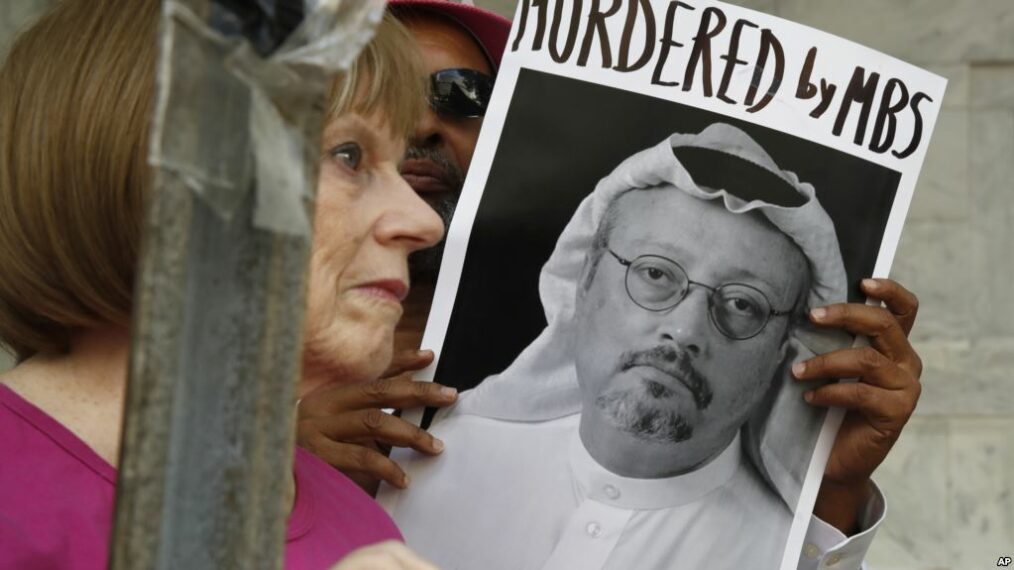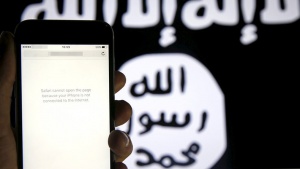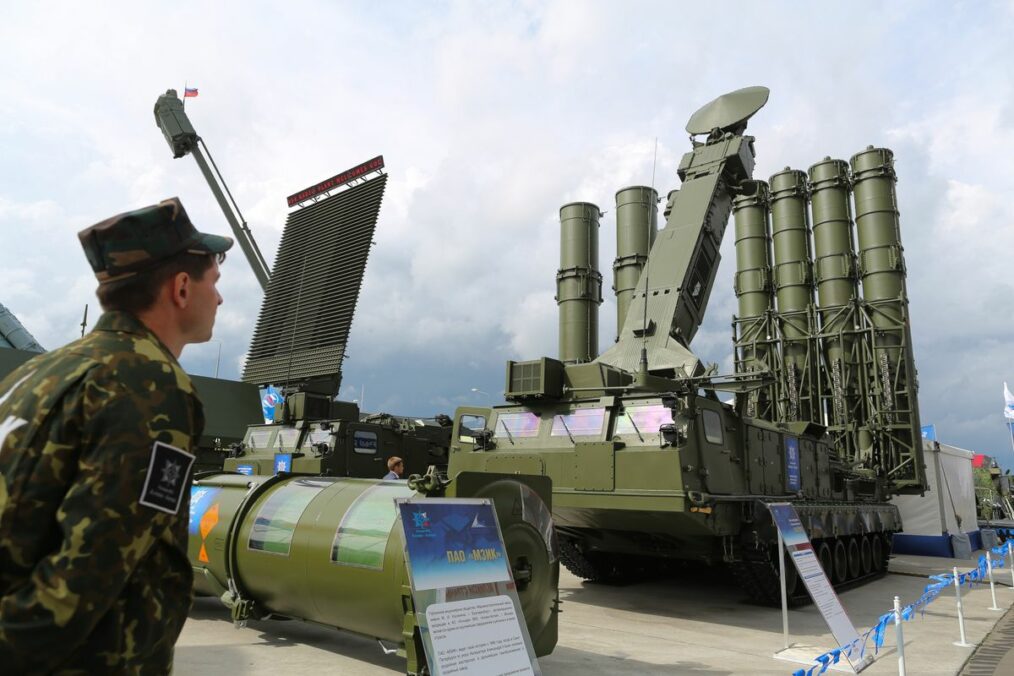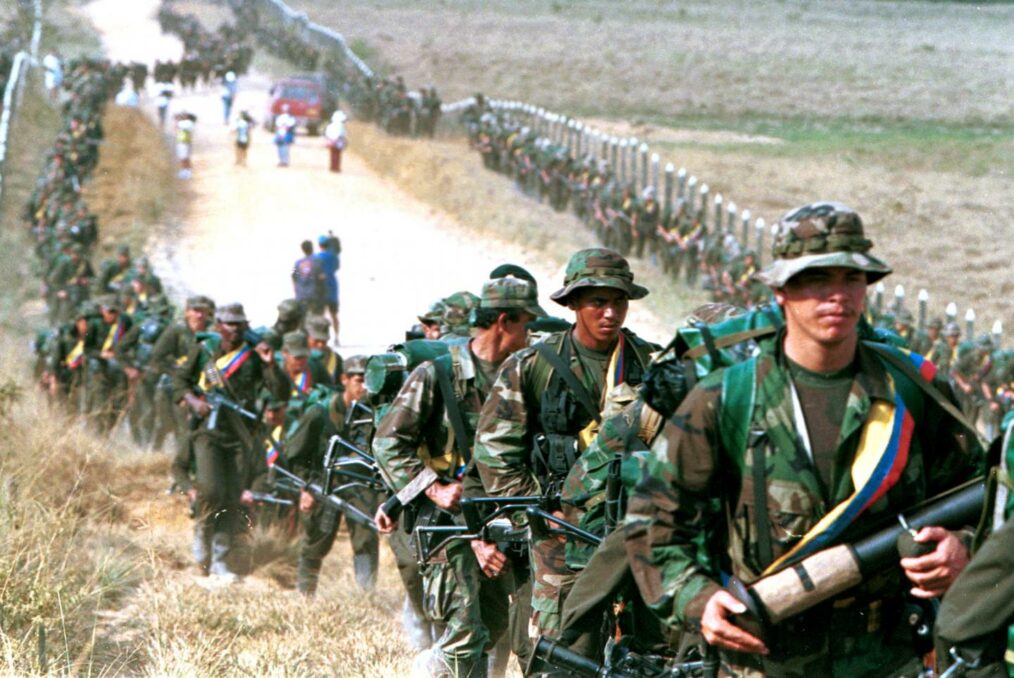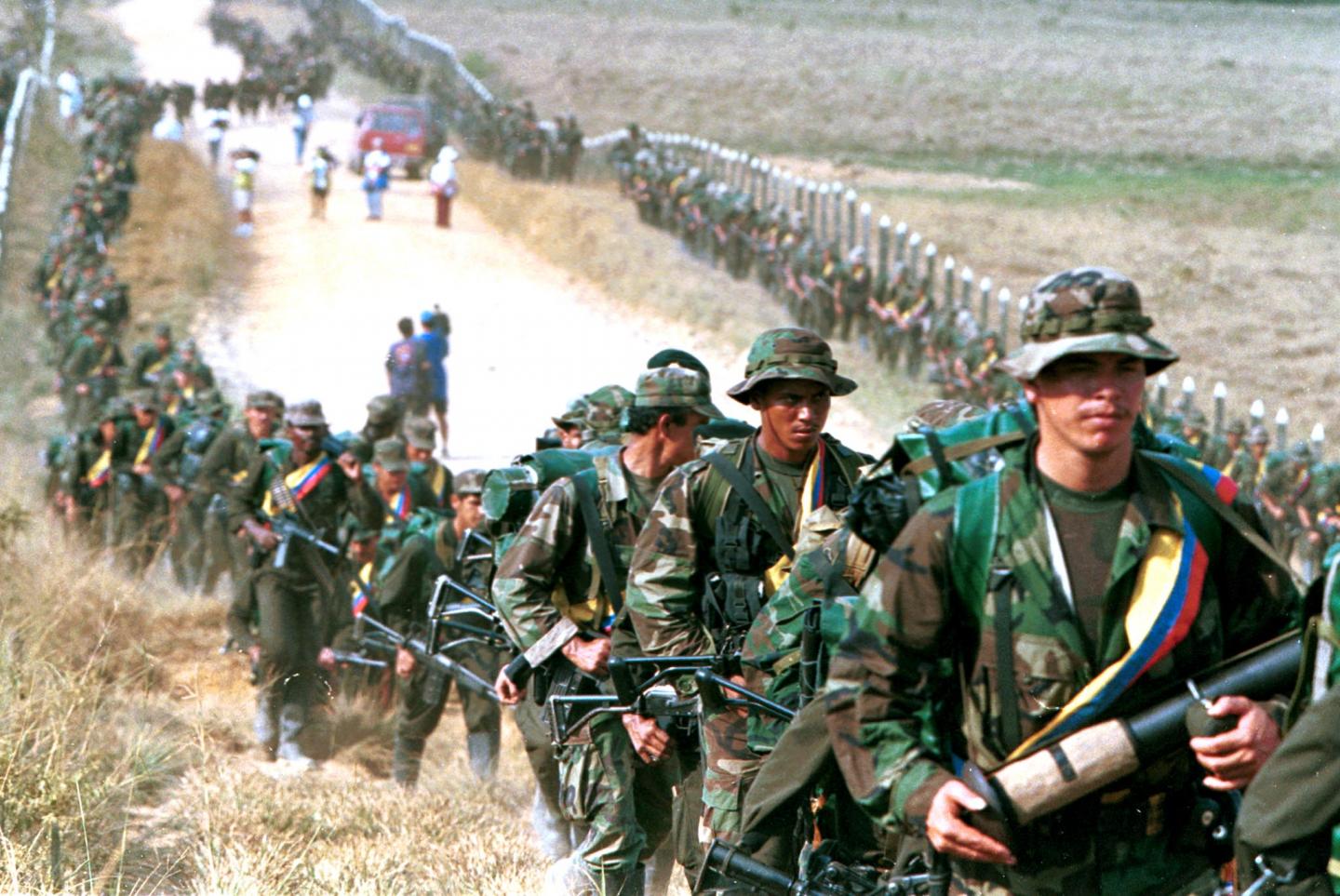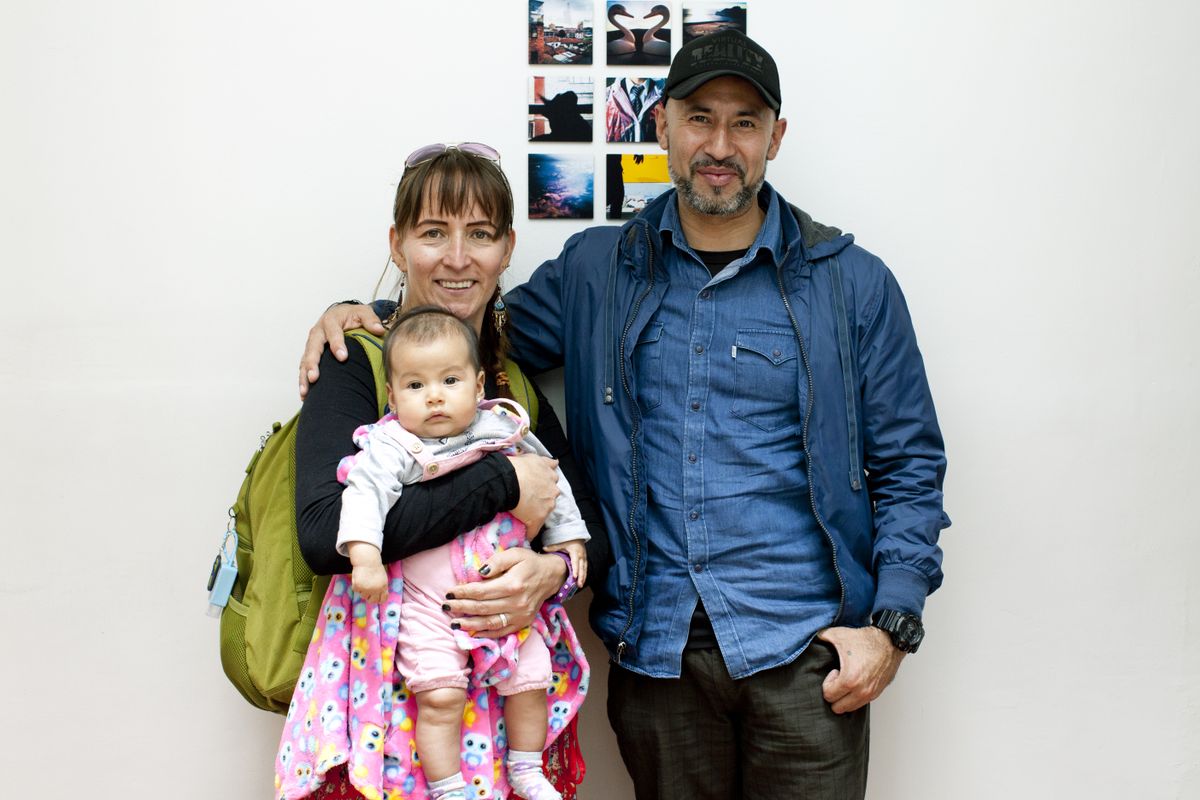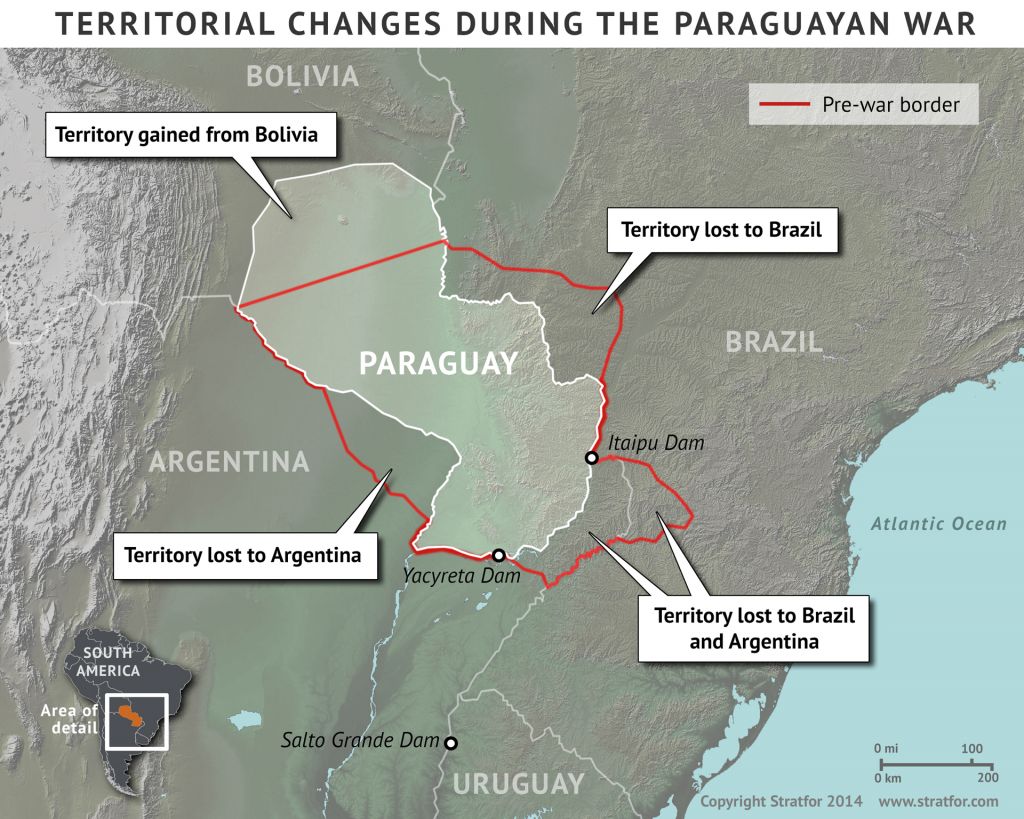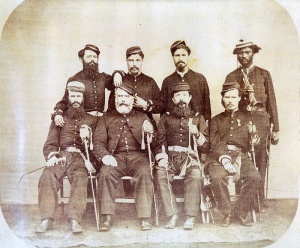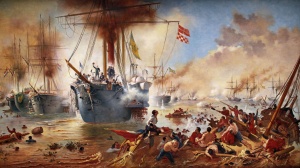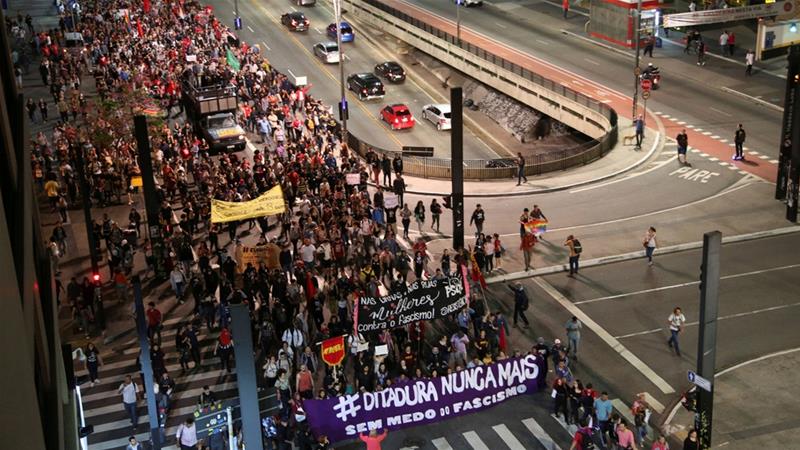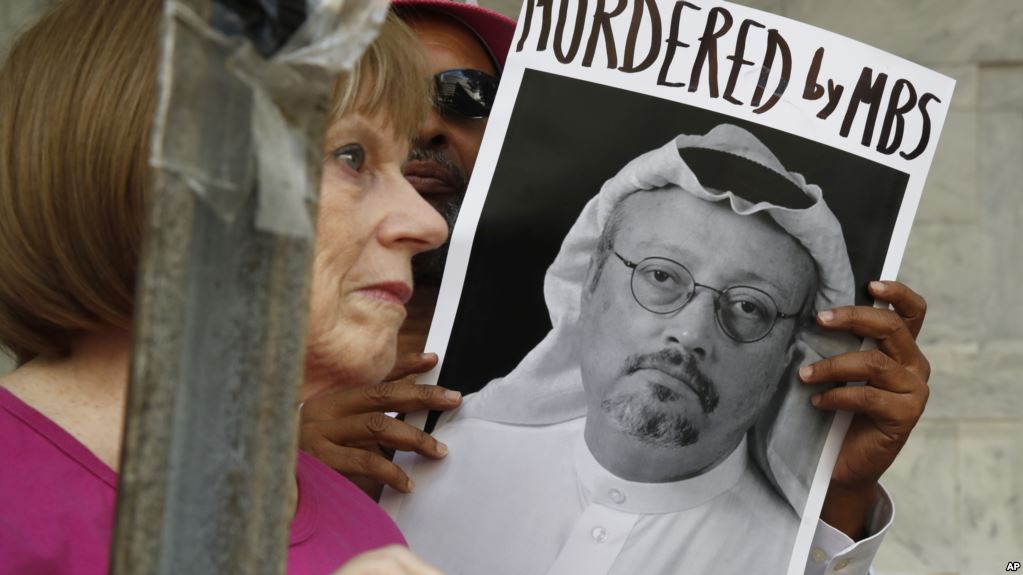
People hold signs during a protest at the Embassy of Saudi Arabia in Washington about the disappearance of Saudi journalist Jamal Khashoggi, Oct. 10, 2018.
The last time anyone saw Saudi Journalist Jamal Khashoggi alive was Oct. 2nd when security cameras caught him entering the Saudi Consulate in Istanbul. Authorities presume he was murdered there. After openly criticizing the Saudi government, Khashoggi moved to Northern Virginia where he lived in self-imposed exile from Saudi Arabia.
Khashoggi, who wrote for the Washington Post, has been critical of the kingdom’s Crown Prince Mohammad bin Salman and King Salman for the past 10 years. He questioned the kingdom’s human rights positions, criticized the religious clerics, sided with Egypt during the Arab Spring, and more recently voiced opposition to the Saudi led intervention in Yemen.
Turkish authorities were quick to support Khashoggi’s fiancé in blaming the Saudi government.
The Saudis allegedly lured the journalist to the consulate in Istanbul where they presumably murdered him. His death has not been confirmed, but there is no security footage of him leaving the consulate. The official position of the Saudi government is they have no additional information.
The King of Saudi Arabia denied all knowledge of the situation to President Trump. However, a new theory and potential Saudi ploy is this was an interrogation gone wrong and an accidental death.
Turkish authorities were quick to support Khashoggi’s fiancé in blaming the Saudi government. Turkey suggested they had both video and voice evidence that the Saudis tortured and murdered Khashoggi in the consulate. There is speculation that Khashoggi might have recorded some of the incident via an Iwatch which sent data to a cloud storage, although this has not been released. The Turkish authorities have said the Saudi government is not cooperating with their investigation.
In an age when the press is already under attack by world leaders, for many, this is a red-line. Interestingly, although not uncharacteristically, U.S. President Trump has waffled in his response. He noted he would like to know what happened to the journalist. But he also noted he believes the Saudi King, and even suggested “rogue actors” could have done this without anyone’s authority. In other words, the American president is running interference for the Saudis.
Jamal Khashoggi knew he endangered his life by speaking out and questioning his country’s leadership, but he did it anyway.
Trump was again dismissive as he noted, “This took place in Turkey, and to the best of our knowledge Khashoggi is not a U.S. citizen,” in a chilling devaluation of the Virginian’s life and profession. The President also said if there is definitive proof, he will act swiftly. But Trump is not going to jeopardize a multi-billion dollar arms deal.
The President places more value thereupon than he does the ethics of journalism and murder. We shall see whether the Republican-controlled Congress falls into step with the President, or maintain their earlier call for sanctions.
If we lack a free press that can question leadership, then we lose transparency and governmental accountability. Jamal Khashoggi knew he endangered his life by speaking out and questioning his country’s leadership, but he continued to do so. He fervently believed in the power and responsibility of a free press, and likely paid the ultimate price.
As the journalist, Anna Politkovskaya wrote, “How we react to the tragedy of one small person accurately reflects our attitude…” Politkovskaya, like Khashoggi, was murdered for her willingness to question, seek the truth, and advocate for a free press. The question remains for world leaders, how will we react?

